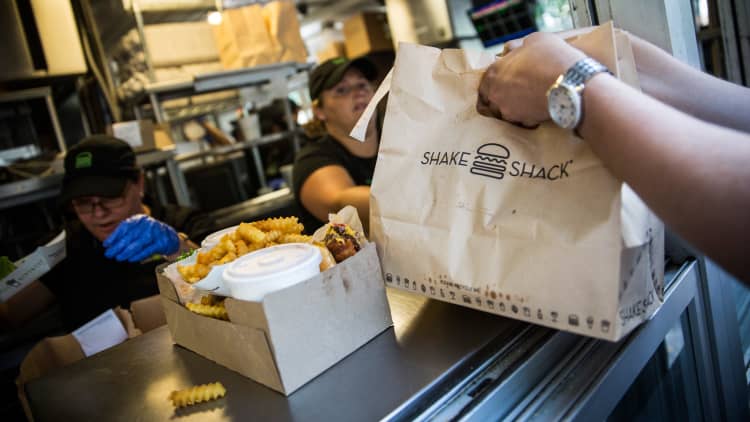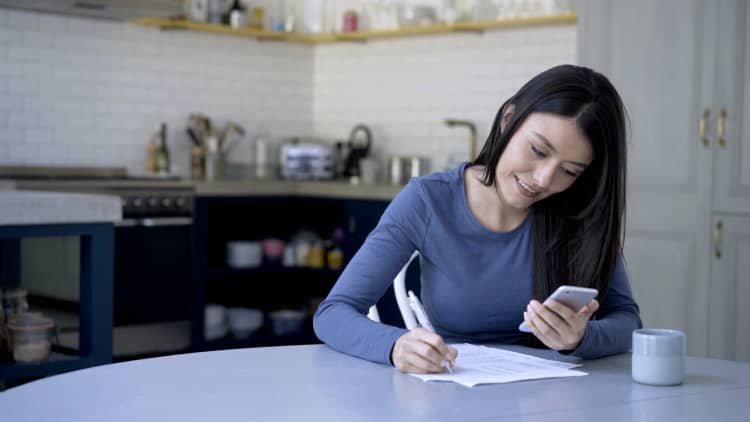When I moved to New York City two years ago on an intern's salary, my priority was staying afloat: making sure more money was coming in than going out, even if I was netting just $20 a month.
By my second year, I had gotten a couple of raises and was able to adjust my financial goals from "staying afloat" to actually saving and investing.
I decided to employ a strategy I first read about in David Bach's "The Automatic Millionaire" and automate my finances. It took an hour, max, to automate everything, and it has made a world of difference with my money.

I started by setting up auto-pay for all of my bills that can be paid online. I simply linked my credit card to my internet and cellphone accounts. At the end of each month, both bills are paid in full.
The key here is to also set up auto-pay on your credit card, which I did next. At the end of each month, money from my checking account is automatically sent to my credit card company to pay the full balance, so I'll never owe interest. Knowing that a large chunk will be deducted from my checking account at the end of the month forces me to monitor my spending, since the last thing I want to deal with is an overdraft fee.
To cover rent and utilities, I write my roommate a check at the start of each month. Insurance comes straight out of my paycheck.
After dealing with my fixed costs, I moved on to my company 401(k) plan and set up "auto-increase." That feature allows you to choose the percentage you want to increase your contributions by and how frequently.
Now, every Jan. 2, my 401(k) contributions automatically increase by 1 percent, meaning I'll never forget to up my contributions (or talk myself out of setting aside a larger chunk).

In addition to investing in a 401(k) plan, I put money into a Roth IRA, another tax-advantaged retirement savings account.
My old system for adding to my Roth was inconsistent and inefficient: I simply contributed whatever money I had left over at the end of each month. To keep from brushing aside these contributions, I set up a recurring transfer from my checking account to my Roth. Now, the first day of every month, $200 automatically gets sent to the account. I never even see that $200, meaning I don't have the chance to spend it.
I set up a similar recurring transfer to my high-yield savings account, which I use to save for bigger, future purchases, such as a home, car and vacations. Again, the first day of every month, $500 moves over there.
By making things automatic, I've essentially finagled my budget so that my savings goals are a fixed cost. I treat the $200 for my Roth and the $500 for my savings account like I would rent or utilities — I have to set it aside every month — and that keeps me from skimping.
Putting my finances on auto-pilot has saved me time and stress. Besides checking in on my accounts once a week to make sure things are running smoothly, I barely think, let alone worry, about bills and savings goals.
Of course, when the new year rolls around, or anytime I get a raise or bonus, I'll reconsider my savings goals and adjust appropriately. But for now, I'm relaxed and enjoying life on cruise control.
Don't miss: My dad's gift-giving tradition taught me a money lesson that forever changed the way I spend


